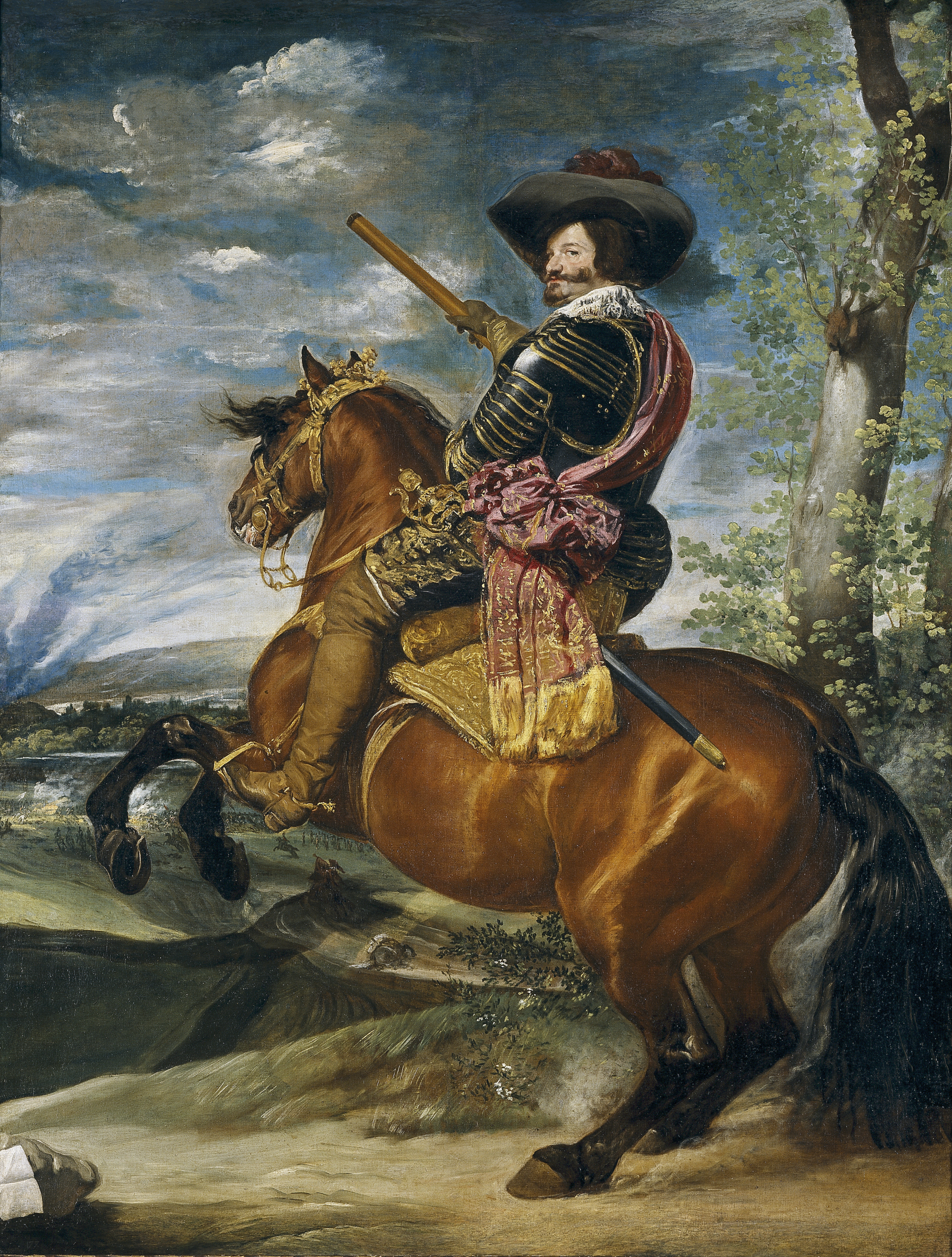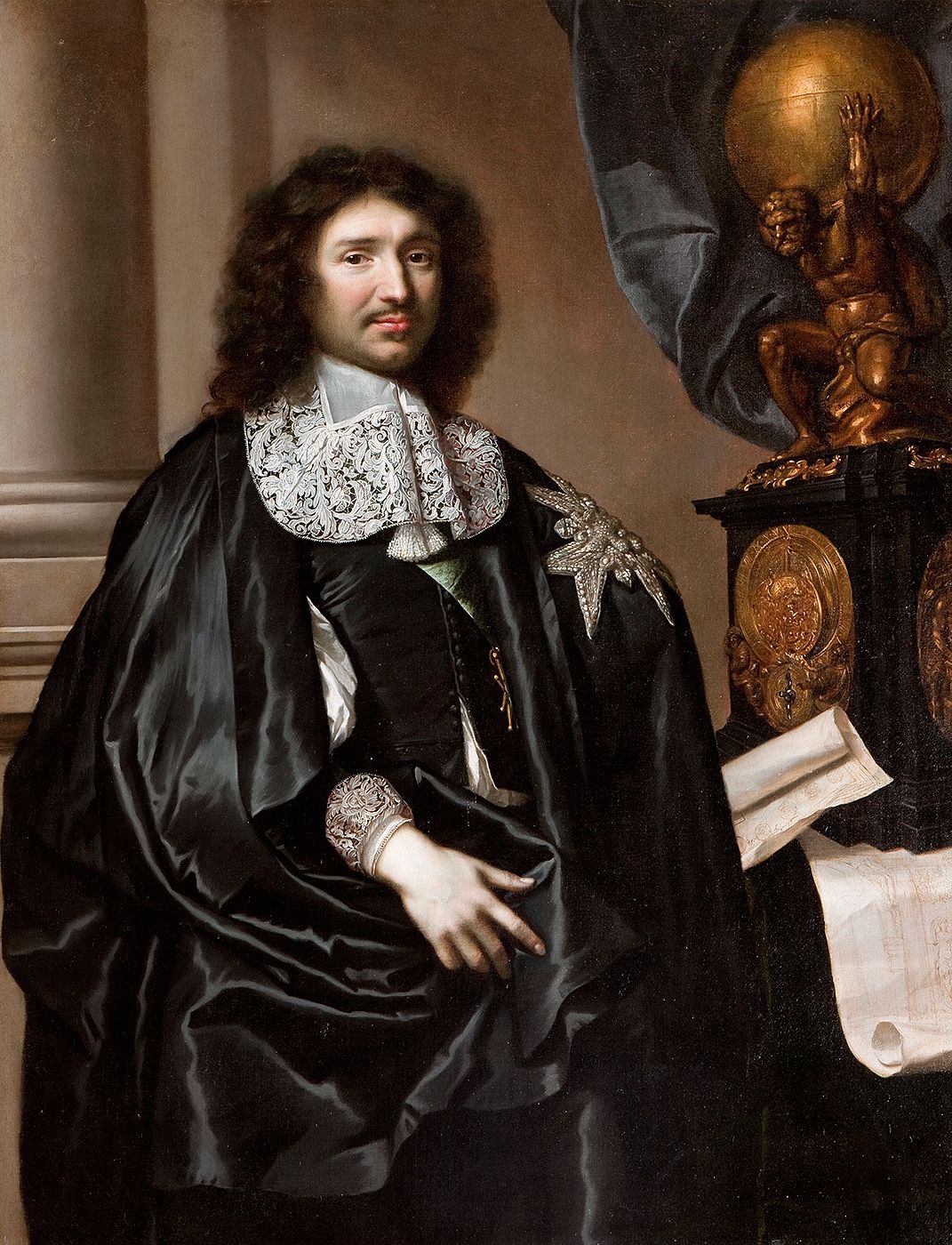|
Arbitrista
The '' arbitristas'' were a group of reformist thinkers in late 16th and 17th century Spain concerned about the decline of the economy of Spain and proposed a number of measures to reverse it. ''Arbitristas'' directed analyses of problem and proposals ("memorials") for their solution to the king, asking him to take a particular action in the economic or political sphere. The increase in the production of proposals and analyses outlining solutions to the perceived problems of the empire were at a pace comparable to the inflation in the real economy during the price revolution of the sixteenth century and increased further with the crisis of the seventeenth century. General description ''Arbitrismo'' developed mainly in Castile during the second half of the sixteenth century and the seventeenth century. It is related intellectually to the School of Salamanca. ''Arbitrismo'' is part of the first economic literature worthy of such a name, simultaneously and largely based on the mer ... [...More Info...] [...Related Items...] OR: [Wikipedia] [Google] [Baidu] |
School Of Salamanca
The School of Salamanca () was an intellectual movement of 16th-century and 17th-century Iberian Scholasticism, Scholastic theology, theologians rooted in the intellectual and pedagogical work of Francisco de Vitoria. From the beginning of the 16th century the traditional Catholic Church, Catholic conception of man and of his relation to God and to the world had been assaulted by the rise of humanism, by the Protestant Reformation and by the Age of Exploration, new geographical discoveries and their consequences. These new problems were addressed by the School of Salamanca. The name is derived from the University of Salamanca (Spain), where de Vitoria and other members of the school were based. The Salamanca School of economic thought is frequently regarded as an early precursor to the Austrian school of economics, Austrian School of Economics. This is due to its development of the subjective theory of value, its advocacy for Free market, free-market principles, and its focus o ... [...More Info...] [...Related Items...] OR: [Wikipedia] [Google] [Baidu] |
Decline Of Spain
The decline of Spain was the gradual process of financial and military exhaustion and attrition and suffered by metropolitan Spain throughout the 17th century, in particular when viewed in comparison with ascendant rival powers of France and England. The decline occurred during the reigns of the last kings of Habsburg Spain: Philip III, Philip IV and Charles II. Concurrent with the military and economic issues there was a depopulation in metropolitan Spain. The Spanish decline was a historical process simultaneous to the purported general crisis of the 17th century that swept most of Eurasia, but which was especially serious for Spain. It was so debilitating that Spain went from being the hegemonic power in Europe, with the largest economy on the continent in the mid-1500s, to becoming a financially exhausted, second-rate power by the end of the 1600s. Contrary to metropolitan Spain there was not an equivalent decline in Spanish America where Spain successfully defended a ... [...More Info...] [...Related Items...] OR: [Wikipedia] [Google] [Baidu] |
Philip III Of Spain
Philip III (; 14 April 1578 – 31 March 1621) was King of Spain and King of Portugal, Portugal (where he is known as Philip II of Portugal) during the Iberian Union. His reign lasted from 1598 until his death in 1621. He held dominion over the Spanish Netherlands, Naples, Sicily, Sardinia, and the Duchy of Milan during the same period. A member of the House of Habsburg, Philip III was born in Madrid to King Philip II of Spain and his fourth wife, Anna of Austria (1549–1580), Anna of Austria. The family was heavily Inbreeding, inbred; Philip II and Anna were related both as uncle and niece, as well as cousins. Philip III married his cousin Margaret of Austria, Queen of Spain, Margaret of Austria, the sister of Ferdinand II, Holy Roman Emperor. Although known in Spain as Philip the Pious, his political reputation internationally has generally been negative. Historians C. V. Wedgwood, R. Stradling and J. H. Elliott have described him, respectively, as an "undistinguished and insi ... [...More Info...] [...Related Items...] OR: [Wikipedia] [Google] [Baidu] |
Spanish Language
Spanish () or Castilian () is a Romance languages, Romance language of the Indo-European languages, Indo-European language family that evolved from the Vulgar Latin spoken on the Iberian Peninsula of Europe. Today, it is a world language, global language with 483 million native speakers, mainly in the Americas and Spain, and about 558 million speakers total, including second-language speakers. Spanish is the official language of List of countries where Spanish is an official language, 20 countries, as well as one of the Official languages of the United Nations, six official languages of the United Nations. Spanish is the world's list of languages by number of native speakers, second-most spoken native language after Mandarin Chinese; the world's list of languages by total number of speakers, fourth-most spoken language overall after English language, English, Mandarin Chinese, and Hindustani language, Hindustani (Hindi-Urdu); and the world's most widely spoken Romance language ... [...More Info...] [...Related Items...] OR: [Wikipedia] [Google] [Baidu] |
17th Century In Economic History
17 (seventeen) is the natural number following 16 and preceding 18. It is a prime number. 17 was described at MIT as "the least random number", according to the Jargon File. This is supposedly because, in a study where respondents were asked to choose a random number from 1 to 20, 17 was the most common choice. This study has been repeated a number of times. Mathematics 17 is a Leyland number and Leyland prime, using 2 & 3 (23 + 32) and using 4 and 5, using 3 & 4 (34 - 43). 17 is a Fermat prime. 17 is one of six lucky numbers of Euler. Since seventeen is a Fermat prime, regular heptadecagons can be constructed with a compass and unmarked ruler. This was proven by Carl Friedrich Gauss and ultimately led him to choose mathematics over philology for his studies. The minimum possible number of givens for a sudoku puzzle with a unique solution is 17. Geometric properties Two-dimensions *There are seventeen crystallographic space groups in two dimensions. These are som ... [...More Info...] [...Related Items...] OR: [Wikipedia] [Google] [Baidu] |
Antonio Serra
Antonio Serra was a late 16th-century Italian philosopher and economist in the mercantilist tradition. Biography Little is known about Serra's life. He was born in Cosenza in the late 16th century (the dates of his birth and death are unknown Alessandro Roncaglia, ''The wealth of ideas: a history of economic thought'', Cambridge University Press, 2005, p. 48.). When working in Naples, he applied himself to solving the enormous social and economic problems created by the Spanish viceroy system. In 1613 Serra was jailed for unknown reasons but possibly due to his involvement in a conspiracy with the philosopher Tommaso Campanella attempting to free Calabria from the Spanish domination. In his treatise, ''Breve trattato delle cause che possono far abbondare li regni d’oro e d’argento dove non sono miniere'', Serra analysed the causes of the shortage of coin in the Kingdom of Naples and the factors that could have reversed this economic trend Economic trend may refer to: *all th ... [...More Info...] [...Related Items...] OR: [Wikipedia] [Google] [Baidu] |
Bullionism
Bullionism is an economic theory that defines wealth by the amount of precious metals owned. Bullionism is an early and perhaps more primitive form of mercantilism. It was derived, during the 16th century, from the observation that the Kingdom of England, because of its large trade surplus, possessed large amounts of gold and silver—bullion—despite the fact that there was not any mining of precious metals in England. History Bullionism was born in what now is known as Spain. Following the Reconquista, the region fell victim to a deep economic slump. This prompted local scientists to look for ways to revive the region's economy. Some noted that England had accumulated vast reserves of gold and silver thanks to its trade surplus, and established a link between the possession of precious metals and the wealth of the country. Although the supporters of Bullionism did not write theoretical treatises on the subject (unlike the precursors of the classical school in the following c ... [...More Info...] [...Related Items...] OR: [Wikipedia] [Google] [Baidu] |
Jean-Baptiste Colbert
Jean-Baptiste Colbert (; 29 August 1619 – 6 September 1683) was a French statesman who served as First Minister of State from 1661 until his death in 1683 under the rule of King Louis XIV. His lasting impact on the organization of the country's politics and markets, known as Colbertism, a doctrine often characterized as a variant of mercantilism, earned him the nickname ''le Grand Colbert'' (; "the Great Colbert"). A native of Reims, he was appointed Intendant of Finances on 4 May 1661. Colbert took over as Controller-General of Finances, a newly created position, in the aftermath of the arrest of Nicolas Fouquet for embezzlement, an event that led to the abolishment of the office of Superintendent of Finances. He worked to develop the domestic economy by raising tariffs and encouraging major public works projects, as well as to ensure that the French East India Company had access to foreign markets, so that they could always obtain coffee, cotton, dyewoods, fur, pepper, ... [...More Info...] [...Related Items...] OR: [Wikipedia] [Google] [Baidu] |
Moriscos
''Moriscos'' (, ; ; " Moorish") were former Muslims and their descendants whom the Catholic Church and Habsburg Spain commanded to forcibly convert to Christianity or face compulsory exile after Spain outlawed Islam. Spain had a sizeable Muslim population, the '' mudéjars'', in the early 16th century. The Iberian Union mistrusted Moriscos and feared that they would prompt new invasions from the Ottoman Empire after the Fall of Constantinople, so between 1609 and 1614 they began to expel them systematically from the various kingdoms of the Union. The most severe expulsions occurred in the eastern Kingdom of Valencia. The exact number of Moriscos present in Spain before the expulsion is unknown and can only be guessed based on official records of the edict of expulsion. Furthermore, the overall number who were able to avoid deportation is also unknown, with estimates on the proportion of those who avoided expulsion or returned to Spain ranging from 5% to 40%.Trevor J. Dads ... [...More Info...] [...Related Items...] OR: [Wikipedia] [Google] [Baidu] |






